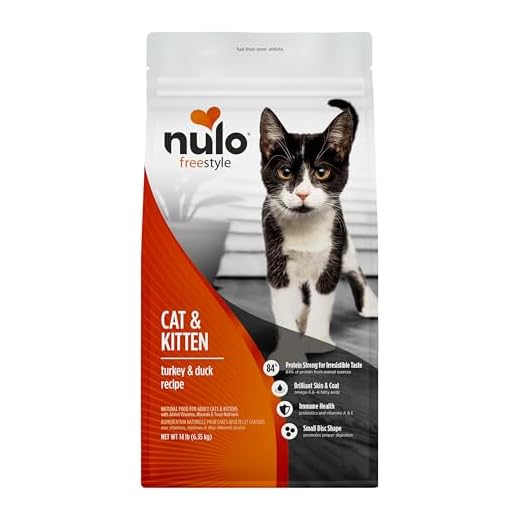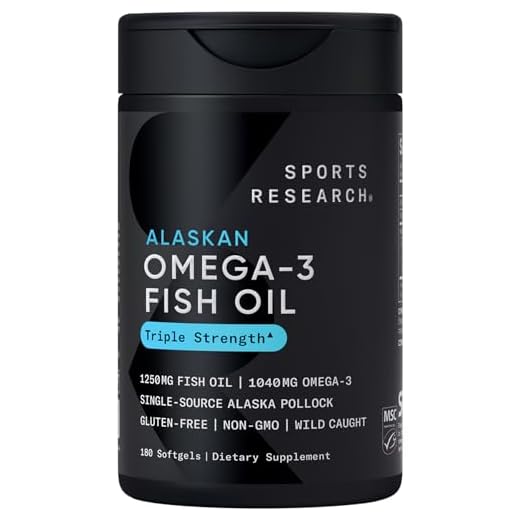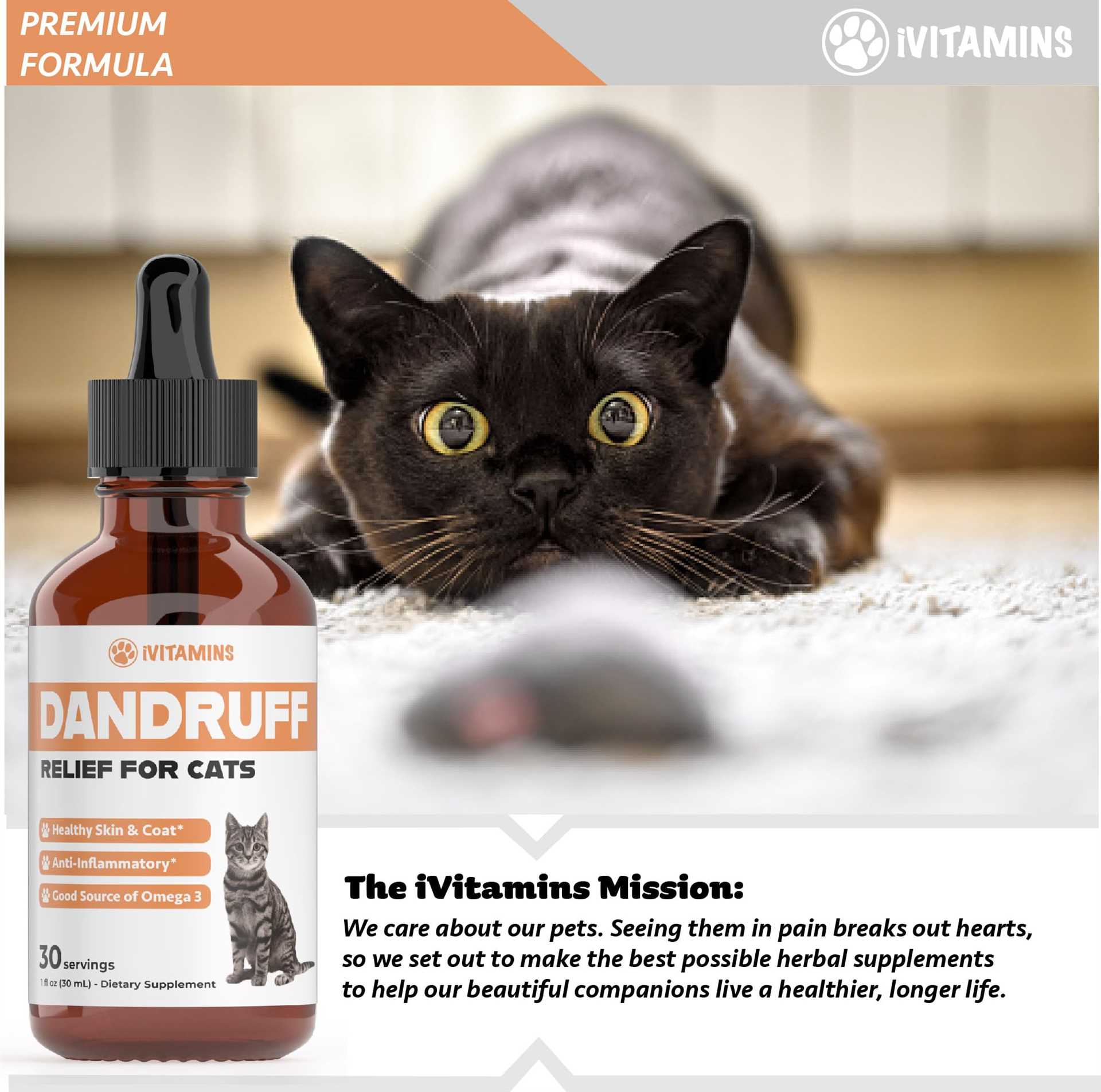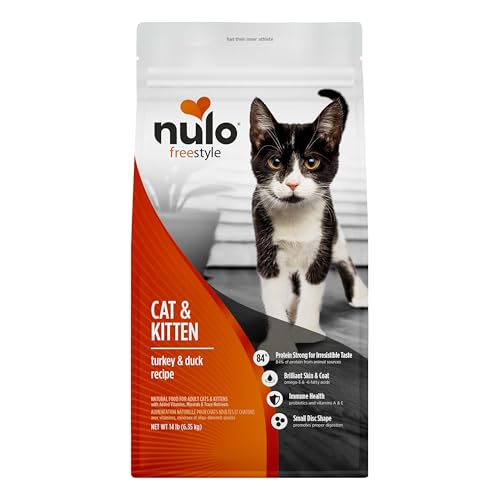




If you notice your feline friend has dry, flaky skin, addressing their diet can make a significant difference. A proper selection of nutrients is vital for maintaining skin health and alleviating the discomfort associated with this condition. This article provides insights into the most beneficial ingredients and dietary approaches that can support your pet’s skin and coat.
Readers seeking solutions for their cats suffering from skin issues will find practical advice and specific recommendations. This guide covers essential fatty acids, vitamins, and minerals that can enhance your pet’s overall well-being while targeting the root causes of skin flakiness.
We will explore the advantages of incorporating high-quality proteins, omega-3 and omega-6 fatty acids, and other vital nutrients into your cat’s meals. Additionally, you will learn about the importance of hydration and how to select the right commercial options or homemade recipes that cater to your pet’s unique needs.
Optimal Nutrition for Felines Experiencing Dry Skin
Providing a diet rich in specific nutrients can significantly alleviate skin issues. Focus on incorporating ingredients that promote hydration and skin health. Omega-3 and Omega-6 fatty acids are particularly beneficial in combating dryness and irritation. These can be found in fish oils or flaxseed oils, which are excellent additives to enhance your pet’s meals.
Additionally, high-quality proteins are crucial for maintaining the integrity of the skin. Look for sources such as chicken, turkey, or fish, which not only provide essential amino acids but also contribute to a shiny coat. Avoid fillers and artificial additives that may exacerbate skin conditions.
Key Nutrients to Consider
- Omega Fatty Acids: Help reduce inflammation and nourish the skin.
- Biotin: A vitamin that supports skin health and promotes a lustrous coat.
- Zinc: Essential for skin repair and regeneration.
- Moisture Content: Wet food options can increase hydration levels.
When selecting meals, consider those that emphasize whole ingredients and avoid excessive carbohydrates. A balanced approach ensures that your pet receives the necessary vitamins and minerals to enhance skin condition and overall well-being.
- Choose meals rich in natural oils.
- Incorporate fresh proteins to support skin health.
- Monitor your pet’s reaction to new ingredients.
Consult with a veterinarian for tailored advice, as individual dietary needs may vary. Regular check-ups can help identify any underlying health issues contributing to skin problems.
Understanding the Causes of Dandruff in Cats
Dandruff in felines often arises from a variety of underlying factors. One primary contributor is dry skin, which can be exacerbated by environmental conditions such as low humidity or excessive heating. This dryness leads to flaking and the appearance of white specks in the fur.
Another significant cause is poor diet. Nutritional deficiencies, particularly in essential fatty acids, can result in inadequate skin health. A balanced intake of vitamins and minerals is crucial for maintaining a healthy coat and skin.
Common Factors Leading to Flaky Skin
- Allergies: Allergic reactions to food, environmental substances, or parasites can lead to inflammation and subsequent flaking.
- Parasites: Infestations by fleas or mites can cause irritation, prompting excessive scratching and skin cell turnover.
- Medical Conditions: Certain illnesses, such as hypothyroidism or seborrhea, can manifest as dandruff.
- Grooming Habits: Inadequate grooming, especially in long-haired breeds, can lead to buildup of dead skin cells.
Addressing these issues is critical in managing and preventing the recurrence of flakes. Regular veterinary check-ups can help identify any medical conditions contributing to the problem. Additionally, incorporating a balanced diet rich in nutrients can significantly improve skin and coat health.
Essential Nutrients for Healthy Skin and Coat
Providing a balanced diet rich in specific nutrients can significantly improve the condition of skin and fur. A focus on omega fatty acids, vitamins, and minerals is crucial for maintaining a healthy appearance and minimizing dryness and flakiness.
Omega-3 and omega-6 fatty acids play a pivotal role in skin hydration and coat shine. These fatty acids help to reduce inflammation and promote a healthy skin barrier, which is vital for preventing dandruff.
Key Nutrients to Include
- Omega-3 Fatty Acids: Found in fish oil and flaxseed oil, these support skin health and reduce irritation.
- Omega-6 Fatty Acids: Present in chicken fat and sunflower oil, they help maintain skin moisture and elasticity.
- Biotin: A B vitamin that strengthens the coat and improves skin condition. It is often included in supplements.
- Zinc: This mineral aids in skin repair and regeneration, essential for maintaining healthy fur.
- Vitamin E: An antioxidant that supports skin health and protects against oxidative damage.
Incorporating these nutrients into meals can lead to noticeable improvements in the overall health of the coat and skin. Consult a veterinarian for personalized dietary recommendations tailored to specific needs.
Commercial Options for Dandruff Management
Choosing the right nutrition is key to managing skin issues in pets. High-quality commercial products can significantly improve the condition of a cat’s coat and reduce flakiness. Look for options that contain specific ingredients beneficial for skin health.
Formulations rich in omega fatty acids, particularly omega-3 and omega-6, are known to enhance skin hydration and reduce irritation. These ingredients can come from sources like fish oil or flaxseed. Additionally, antioxidants such as vitamins E and C contribute to skin wellness and may help alleviate symptoms associated with dryness.
Key Ingredients to Look For
- Omega Fatty Acids: Essential for maintaining skin barrier function.
- High-Quality Proteins: Aid in overall coat health and regeneration.
- Probiotics: Support digestive health, which can influence skin conditions.
- Hydrating Agents: Ingredients like glycerin can help retain moisture in the skin.
When selecting a commercial option, it’s crucial to check the ingredient list. Prioritize products that list animal proteins as the primary ingredient, ensuring a rich source of essential amino acids. Avoid fillers that may contribute to skin irritations.
Consulting with a veterinarian can provide personalized recommendations based on your pet’s specific needs. Regular monitoring of your cat’s coat condition and skin health can guide future dietary choices, ensuring optimal results.
Homemade Diet Options for Flaky Skin in Felines
A diet rich in omega-3 and omega-6 fatty acids can significantly improve skin condition. Incorporate ingredients such as fish oil, flaxseed oil, and chicken fat into meals to support a healthy coat and reduce flakiness.
Adding fresh fruits and vegetables can provide essential vitamins and minerals. Ingredients like carrots, pumpkin, and blueberries offer antioxidants that promote skin health. Cooked sweet potatoes can also enhance the diet with additional fiber and nutrients.
Ingredients to Consider
- Protein sources: Cooked chicken, turkey, and fish are excellent for maintaining healthy skin.
- Grains: Brown rice and oats can be included for added fiber and energy.
- Healthy fats: Include oils such as fish or flaxseed to promote a shiny coat.
Always ensure that any homemade meals are balanced and meet the nutritional needs of your pet. Consulting with a veterinarian can help tailor a diet plan that addresses specific skin issues.
Supplementing Your Cat’s Diet to Reduce Dandruff
Incorporating specific nutrients into your feline’s meals can significantly alleviate skin issues. Focus on supplements that promote moisture retention and skin health.
Omega-3 and Omega-6 fatty acids are particularly beneficial. They support a healthy coat and can reduce flakiness. Consider adding fish oil or flaxseed oil to your pet’s diet for an effective boost.
- Fish Oil: Rich in Omega-3, this supplement helps combat dryness and promotes a shiny coat.
- Flaxseed Oil: A plant-based source of Omega-3, ideal for vegetarian diets.
- Biotin: A B-vitamin that supports skin health and may reduce dandruff.
- Zinc: An essential mineral that aids in skin repair and regeneration.
Consult your veterinarian before adding any supplements to ensure they are safe and appropriate for your pet’s unique needs.
By integrating these nutrients, you can enhance your feline’s overall well-being and effectively tackle skin flakiness.
Best food for cats with dandruff
Features
| Part Number | 61KT14 |
| Model | 61KT14 |
| Size | 14 Pound (Pack of 1) |
Features
| Part Number | FBA_32 |
| Model | 00032 |
| Color | Skin & Coat |
| Size | 32oz |
Features
| Part Number | ROY-088 |
| Model | 252406 |
| Warranty | With nearly 50 years of scientific research and observation, Royal Canin continues to deliver targeted nutrition to feed every pet’s magnificence. Not satisfied? Then neither are we. Our formulas are 100% satisfaction guaranteed. (Just contact us for more details.) |
| Color | No artificial color |
| Size | 6 Pound (Pack of 1) |
Features
| Part Number | FG156A |
| Model | 023249010500 |
| Color | No Color |
| Is Adult Product | |
| Size | 180 Count (Pack of 1) |
Video:
FAQ:
What are the best types of food for cats suffering from dandruff?
The best types of food for cats with dandruff typically include high-quality, balanced diets that are rich in omega-3 and omega-6 fatty acids. These nutrients help improve skin health and reduce flakiness. Look for cat foods that contain fish oil, flaxseed, or chicken fat, as these ingredients can promote a healthier coat and skin. Additionally, ensuring that the food is high in protein and contains antioxidants can support overall skin health. Brands that focus on natural ingredients and avoid fillers can also be beneficial for cats with this condition.
Can I treat my cat’s dandruff with homemade food or supplements?
Yes, you can treat your cat’s dandruff with homemade food or supplements, but it is important to ensure that the diet remains balanced. If you choose to prepare homemade meals, include ingredients like cooked fish, chicken, and vegetables, as well as healthy fats such as olive oil or fish oil to provide essential fatty acids. Additionally, consider incorporating supplements specifically designed for skin health, such as omega-3 fatty acid capsules. However, it is advisable to consult with a veterinarian before making significant changes to your cat’s diet or introducing new supplements to ensure they are safe and appropriate for your cat’s specific needs.








